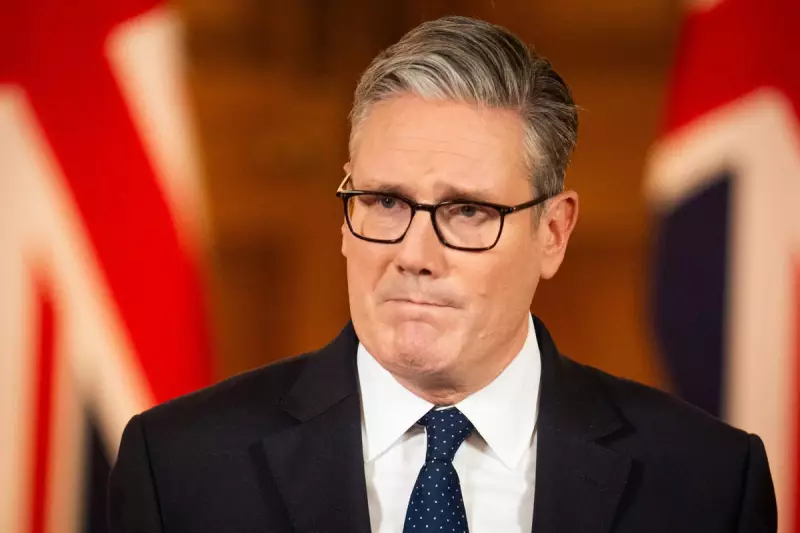
Labour leader Sir Keir Starmer is confronting mounting pressure within his own party as he defends his stance on the Israel-Hamas conflict, facing criticism from both MPs and members over his handling of the escalating Middle East crisis.
Internal Party Tensions Surface
Senior Labour figures have expressed significant concerns about Starmer's approach, with some describing his initial response as appearing to endorse collective punishment in Gaza. The controversy stems from comments made during an LBC radio interview where Starmer appeared to suggest Israel had the right to withhold power and water from Gaza.
Despite later clarifying that he meant Israel had the right to self-defence, not to cut off essential supplies, the damage had been done. Several Labour MPs have publicly criticised their leader's position, highlighting deep divisions within the party over the conflict.
Leadership Damage Control
In response to the growing backlash, Starmer has intensified his diplomatic efforts, holding meetings with both the Israeli and Egyptian ambassadors. He emphasised the critical need for humanitarian corridors to allow civilians to flee conflict zones and for essential aid to reach those trapped in Gaza.
The Labour leader stated: "It is essential that all sides act in line with international law. Civilians must not be targeted, and humanitarian corridors must be established to allow people to access vital supplies."
Growing Pressure from All Sides
The situation presents a significant challenge for Starmer, who must balance:
- Maintaining Labour's traditional pro-justice stance for Palestinians
- Supporting Israel's right to self-defence against Hamas attacks
- Managing internal party unity amid strongly held differing views
- Positioning himself as a potential prime minister with statesmanlike qualities
Several Labour MPs have joined calls for an immediate ceasefire, putting them at odds with the official party position that supports humanitarian pauses instead.
Political Fallout and Future Implications
This crisis represents one of Starmer's most significant leadership tests since taking over the party. How he navigates these complex international waters while maintaining party cohesion could have lasting implications for his leadership and Labour's electoral prospects.
The coming days will be crucial as the Labour leader attempts to reconcile the various factions within his party while projecting a united front to the British public.





